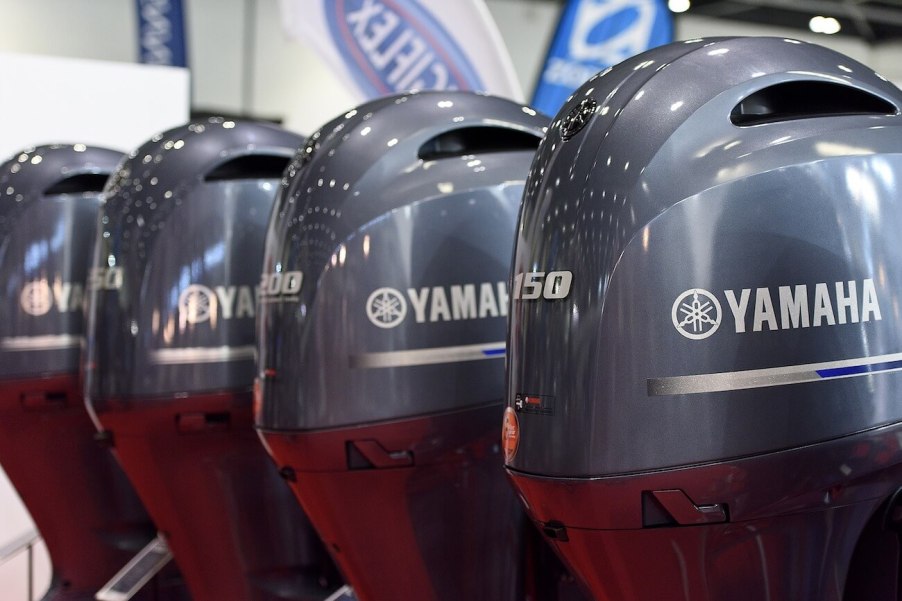
Why Do Some Boats Have More Than One Motor?
A boat is one of the few vehicles where it’s not uncommon to have multiple engines. If you’ve seen a boat with two engines and wondered why it doesn’t just have one bigger engine, several advantages make it a popular setup. In fact, a twin-engine configuration is required for some boats, namely Catamarans, since they have two hulls.
Of course, there are also disadvantages you should know about if you’re considering going this route.
Here’s why some boats have more than one motor and some reasons why it’s not an ideal setup for everyone.
The advantages of having two boat motors
Reliability
A boat with two engines has a redundancy system built into it. If you’re on the water and one of your engines dies, you’ll have a backup engine ready to go. This reduces the risk of needing to row back to your dock. It also gives you peace of mind while you’re on the water, especially if you’re venturing far away from the closest port.
More power
Depending on the size of the engines in question, a twin-engine setup can make more power than one big engine by itself. If you have a big, heavy boat and want to maximize power, using multiple engines is a good way to do that. However, keep in mind that we live in a world where you can get a V12 outboard boat engine that makes 600 hp.
Easy to dock
With two propellers in the water, you can make subtle maneuvers that might typically be unwieldy with one big engine. This is a huge advantage of a twin-engine system if you’re docking a big boat in a small space.
Disadvantages of having more than one motor
According to OB Parts, there are also a few negative points to keep in mind before deciding to go with the twin outboard setup.
Expensive cost
While a big V6 or V8 boat engine costs more than a smaller four-cylinder unit, two engines are almost always more expensive than one. The price may not be double, but it will likely be more than one engine with a similar power output. Sometimes, you’re paying more for two smaller engines with the same amount of power as one bigger engine.
They’re heavy
Two four-cylinder engines together are heavier than one V6. The extra weight can make your boat less balanced and less aerodynamic than a boat with one powerful engine. A boat with one engine is typically easier to maneuver at high speeds.
Ownership costs
Two small engines running simultaneously typically consume more fuel than one bigger engine. Also, maintaining two engines typically costs more than maintaining one. If you go with two engines, these can add up to higher ownership costs (and more headaches) for your boat.
Is it safer for boats to have two engines?
The classic reason for having two engines is to have a backup in case one of the engines fails. However, modern outboard boat engines aren’t as unreliable as they notoriously used to be. One of the weakest points used to be carburetion systems, but these problems have been remedied with modern fuel injection.
Today, EFI-equipped boat engines don’t have as much risk to necessitate using a second motor. That said, dual-motor systems do have several advantages like the ones we covered. One of the biggest is the ease of “parking” the boat compared to one big motor.


